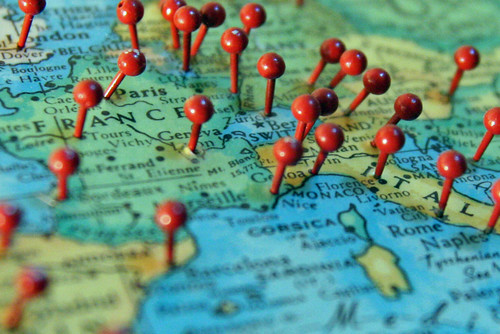If any industry sector is uniquely poised to benefit from the triumvirate of social, local and mobile, it's the classified listings industry. The last time I spoke about whether do embrace SoLoMo or just embrace social, local and mobile I cautioned against the tick in the box approach and against adopting new technologies just because you're exhorted to.
But at first glance, a business running classified listings does seem to put all the right ticks in all the right boxes.
Firstly local. Classifieds are inherently local, offering a way for local businesses and individuals to offer ... stuff ... to other local people. Implementing a local strategy needs your mainstay offering to have a strong geolocation quotient and what could be more local or more geolocation than addresses and postal codes?
Then there's mobile. Most classifieds businesses have either fully or partially transitioned from print to online and if you already have an online presence, you're more than half way to having a mobile online presence.
Finally there's social. Again, there's a strong affinity with classifieds. Nothing spreads faster than word of mouth reputation and harnessing the power of social media to allow people to say "hey, I just found this really cool stuff" is a compelling case for social.
So when the International Classified Media Association, the ICMA, asked me to talk about SoLoMo at their Social, Local, Mobile: Classified Media Strategies conference in Instanbul last week it was an ideal opportunity to see whether my preconceptions to be skeptical about SoLoMo were borne out in practise or whether I'd just overdone the cynicism a bit too much.


